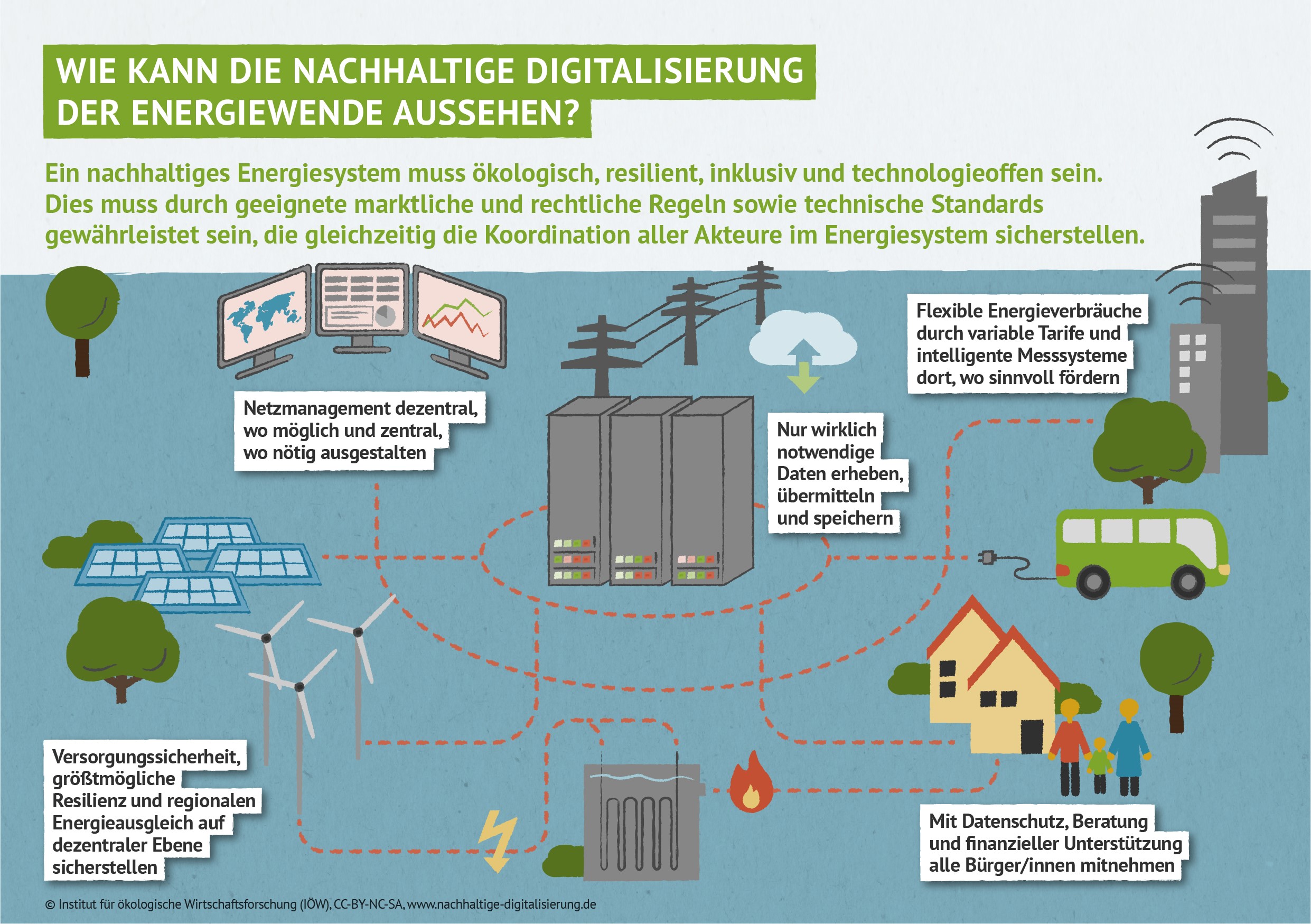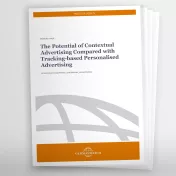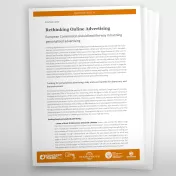
Germany has set itself the goal of making its entire electricity supply greenhouse gas neutral by 2050 and reducing its energy demand by 50 %. The share of renewable energies in the German electricity mix is currently 42.1 % of gross electricity consumption (UBA 2020), which poses challenges for grid operation at both distribution and transmission grid level.
This is because the availability of energy is no longer constant but fluctuating. Many small, spatially distributed generation units create the need for greater flexibility in the energy system. Decentralisation and diversity of actors increase the complexity of the energy system and thus the requirements to coordinate actors and regulate market and grid activities. For a supply with almost 100 % renewable energies to be possible at all, the energy must be balanced intelligently.

In this paper we present the challenges and evince possible solutions. The physical changes in the energy system require new forms of coordination (e. g., electricity market design) and new regulatory frameworks. The vision of 100 % renewable energies is strongly interrelated with political strategies and regulatory processes (e. g., the Climate Protection Plan 2050 or the Act on the Digitalisation of the Energy Transition), actors on the market who endeavour to open up new business areas or automate and flexibilise processes and a strong civil society that promotes the changes through political pressure and new ideas and cooperation.
The future challenge for the digitalisation of the energy system is to bring policymaking in line with technical developments, whilst keeping in mind the security of supply, reliability and affordability of the energy supply, but also climate and resource protection, data protection and social justice. These sustainability aspects should be at the centre of the design of a digitalised energy system.
This article was published in: ÖkologischesWirtschaften Online Issue O1|2021 (36)



